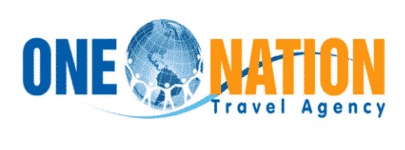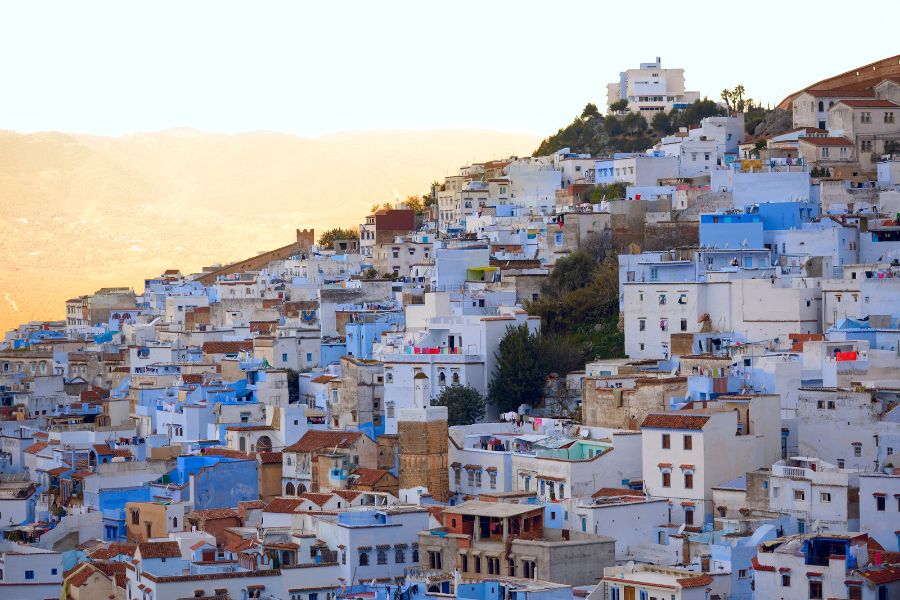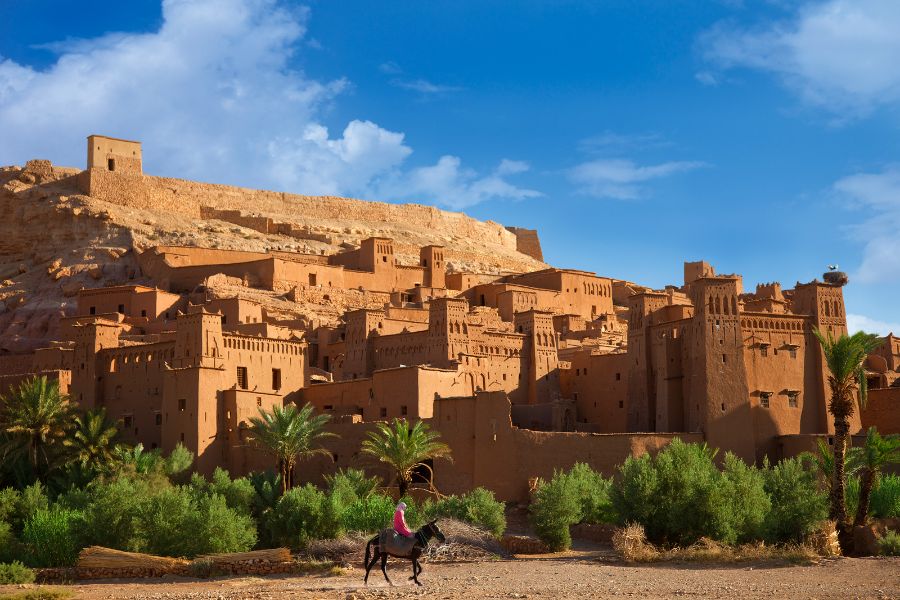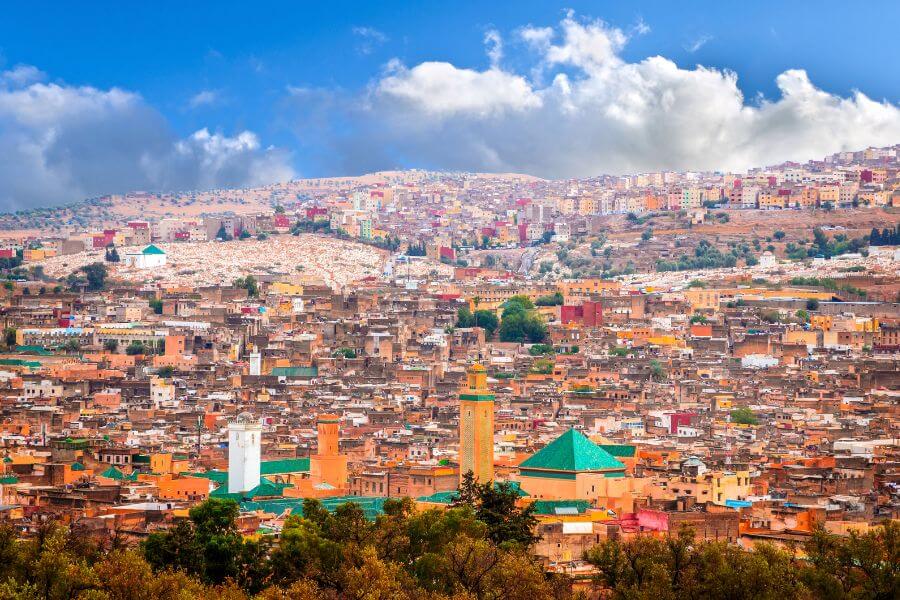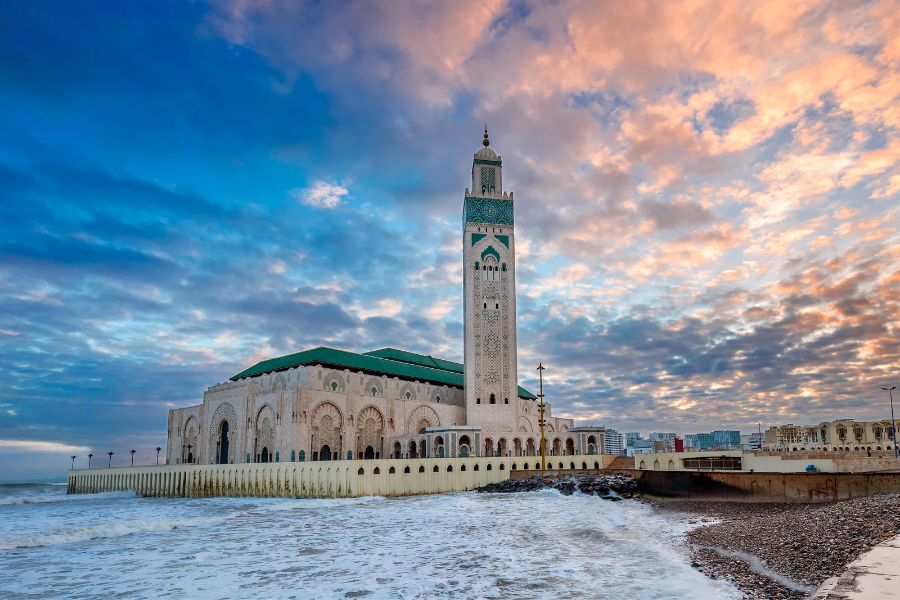A Complete Guide to Planning a Trip to Morocco
Your Ultimate Roadmap to Discovering Morocco
From the bustling markets of Marrakech to the towering peaks of the Atlas Mountains, Morocco is a country that offers a treasure trove of experiences for every traveler. This complete guide will help you navigate the planning process for your trip to Morocco, ensuring you make the most of your time in this vibrant, diverse, and culturally rich destination.
1. Best Time to Visit
While Morocco is a year-round destination, the best time to visit depends on the regions you plan to explore and your personal preferences. Generally, spring (April to May) and fall (September to October) are the most popular times to visit, with mild temperatures and fewer crowds. Summer (June to August) can be hot in the cities and desert, while winter (November to February) can be chilly, especially in the mountains.
2. Visa Requirements
Most visitors, including US, UK, EU, and Canadian citizens, do not require a visa for tourist visits up to 90 days. It’s important to ensure your passport is valid for at least six months from your date of entry. Always double-check the visa requirements for your specific nationality before booking your trip.
3. Flights and Transportation
Major international airlines offer direct flights to Morocco from various cities around the world, with Casablanca and Marrakech being the primary airports. Once in Morocco, trains, buses, and shared taxis (called “grand taxis”) are the most common ways to travel between cities. For more flexibility, consider renting a car, especially if you plan to explore the countryside and smaller towns.
4. Accommodation
Morocco offers a wide range of accommodation options, from budget hostels to luxurious riads and hotels. Riads, traditional Moroccan houses with an interior courtyard, are a popular choice for a more authentic and immersive experience. Booking websites and travel agencies can help you find the perfect accommodation for your preferences and budget.
5. Exploring the Cities
Each Moroccan city boasts its unique charm and attractions. Here are some must-visit cities and their highlights:
- Marrakech: Visit the vibrant Jemaa el-Fna square, explore the winding alleyways of the Medina, and marvel at the stunning Bahia Palace.
- Fes: Wander through the labyrinthine streets of the ancient Medina and visit the Al Quaraouiyine Mosque and University, the world’s oldest university.
- Casablanca: Admire the impressive Hassan II Mosque, stroll along the Corniche, and experience modern Moroccan life in this bustling city.
- Chefchaouen: Get lost in the narrow streets of this enchanting blue city nestled in the Rif Mountains.
6. Discovering Natural Wonders
Morocco’s diverse landscapes provide endless opportunities for adventure and exploration:
- The Sahara Desert: Embark on a camel trek, camp under the stars, and witness breathtaking sunrises and sunsets over the dunes.
- The Atlas Mountains: Hike through the stunning scenery, visit traditional Berber villages, and experience the warm hospitality of the locals.
- The Atlantic Coast: Relax on the beaches of Agadir or Essaouira, and try your hand at surfing or kite surfing.
7. Food and Culture
Moroccan cuisine is a delightful fusion of Berber, Arab, and French influences. Don’t miss out on traditional dishes like tagine, couscous, and pastilla. The country is also known for its vibrant markets or “souks,” where you can find everything from spices and textiles to handcrafted leather goods and ceramics.
8. Staying Safe and Healthy
Morocco is generally a safe destination for travelers. However, it’s essential to be cautious of petty crime, especially in crowded areas. Women should dress modestly to respect local customs and avoid unwanted attention. When it comes to health, ensure you’re up to date on your vaccinations and practice good hygiene, such as regularly washing your hands and avoiding tap water. It’s also a good idea to purchase travel insurance before your trip.
9. Language and Communication
Arabic and Berber are the official languages of Morocco, but French is widely spoken, especially in cities and tourist areas. English is increasingly understood, particularly by younger Moroccans and those working in the tourism industry. It’s always appreciated when visitors learn a few basic phrases in Arabic, such as greetings and thank yous, to help bridge the language gap.
10. Best Morocco Tours & Activities
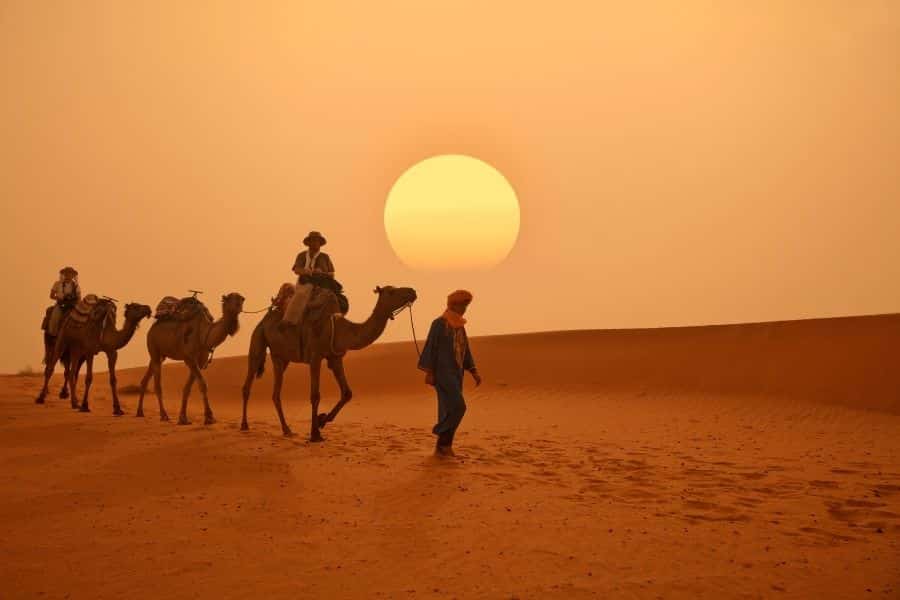
One Nation Travel provides outstanding Morocco tour packages, showcasing the country’s mesmerizing desert adventures along with visits to popular cities such as Marrakech, Fes, Casablanca, and Chefchaouen. Discover the captivating landscapes, vibrant culture, and rich history of Morocco with our carefully curated itineraries.
Conclusion
Morocco is a captivating destination that offers something for everyone, from history and culture enthusiasts to adventure seekers and food lovers. With careful planning and consideration of the tips provided in this guide, you’ll be well on your way to creating unforgettable memories on your Moroccan adventure.
